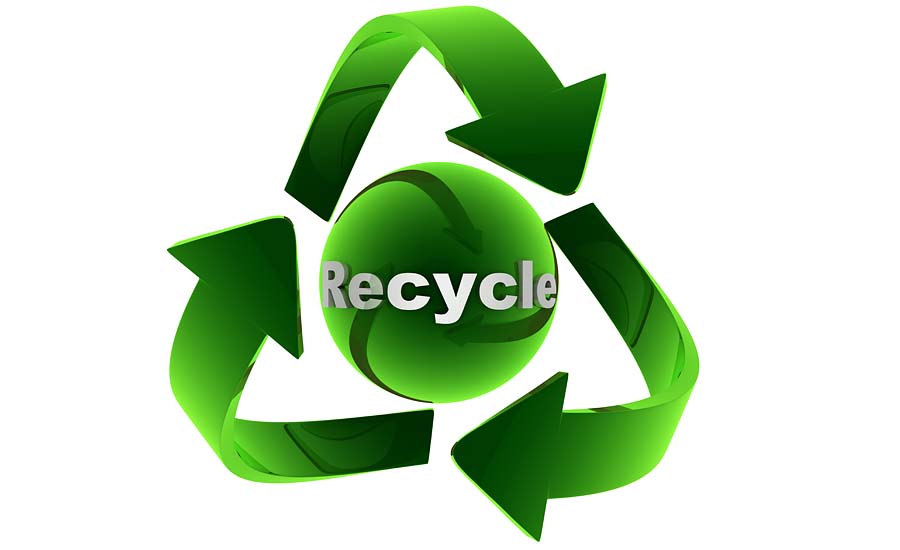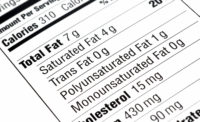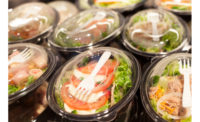Report details how supermarkets can move beyond plastics in 2020
The report outlines examples from around the world — throughout store aisles to the checkout counter — of supermarkets moving beyond single-use plastics and packaging.

Greenpeace USA, Washington, D.C., released a report that walks readers through “The Smart Supermarket,” a hypothetical store that moved beyond single-use plastics and packaging.
As retailers grapple with how to transition away from throwaway packaging, the report outlines examples from around the world — throughout store aisles to the checkout counter — of supermarkets moving beyond single-use plastics and packaging.
“It’s time to build smarter supermarkets,” says Kate Melges, plastics campaigner. “Globally, we’re starting to see examples of retailers moving away from plastics and throwaway packaging, but not at the urgency and scale needed to address this crisis, especially in the U.S. market. This report should serve as a model for retailers to follow, and shows that it is possible to end our throwaway culture for the sake of our oceans, waterways and communities.”
Solutions highlighted in the report and already implemented by companies around the world include:
- Removal of unnecessary plastic packaging on produce. Laser food labeling is an option for certain products. If packaging is needed, stores can source local, natural materials that have minimal impact on the environment.
- Staple foods purchased through bulk buying dispensaries and self-service weighing scales. Customers can utilize reusable containers and buy the exact quantity of food they need.
- For to-go meals, launch reward options for reusable cups and containers. Retailers can utilize technology for on-site management to strengthen the return rate of reusables.
- At checkout, ditch single-use plastic bags and incentivize customers to bring reusable bags. Retailers can implement borrow or rent-a-bag schemes for customers who forget to bring them.
- Work with consumer goods companies to develop reusable packaging for online deliveries. Establish deposit return schemes to incentivize reuse.
The report acknowledges that there are benefits and challenges to each of these potential solutions to the plastic pollution crisis, but it urges retailers and consumer goods companies to work together to accelerate a shift away from single-use plastics and toward reuse systems.
“Supermarkets are the places where Americans encounter the most single-use plastics,” Melges says. “It is up to consumer goods companies and retailers to work together to prioritize real solutions that end our dependence on throwaway plastic for good.”
Looking for a reprint of this article?
From high-res PDFs to custom plaques, order your copy today!






